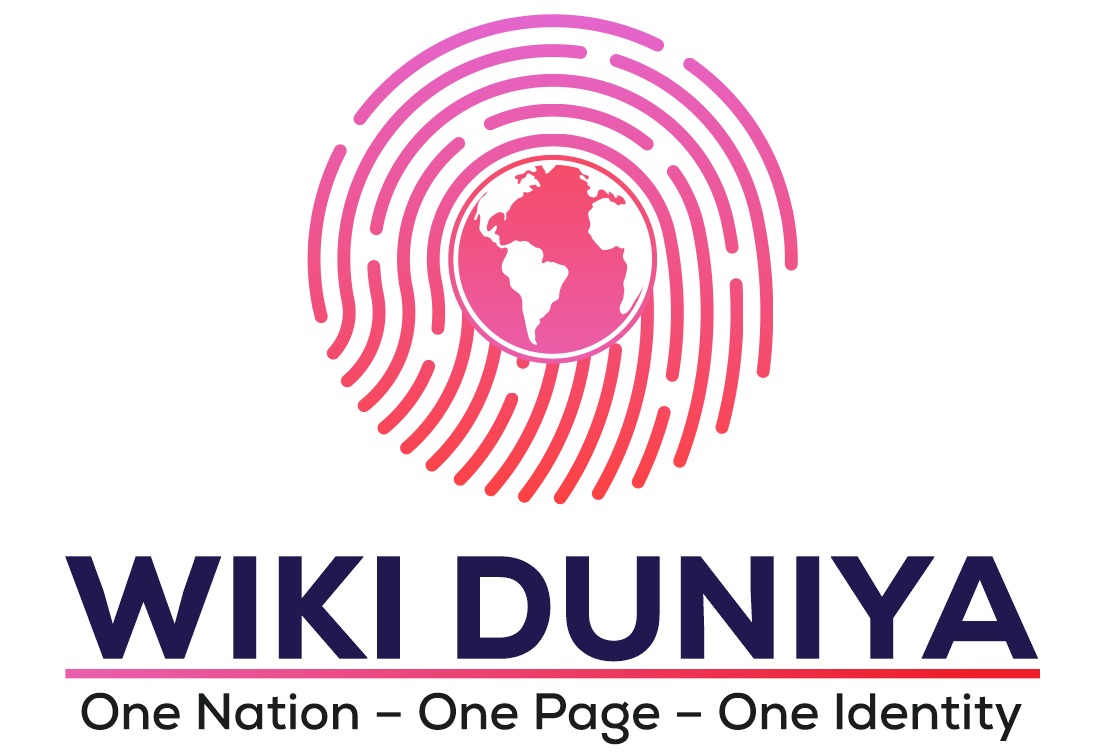
The Role of Social Proof in Personal Branding
Introduction
The Role of Social Proof in Personal Branding has become more important than ever in today’s competitive professional world.
In India, where trust often plays a bigger role than aggressive marketing, people are more likely to believe in your credibility if they see others vouching for you. Social proof is not just about showing off — it’s about giving people genuine reasons to trust your expertise, experience, and reputation.
Whether you are a freelancer, an entrepreneur, or an academic professional, strong social proof can be the deciding factor that makes someone choose you over your competition.
1. What Is Social Proof in a Branding Context?
Social proof refers to the idea that people are influenced by the opinions, actions, and approvals of others. In personal branding, it’s the evidence that others trust and value what you offer.
This can include testimonials, reviews, media mentions, collaborations, awards, or visible achievements. In India, a student choosing an online course, for example, may look for feedback from previous learners before enrolling.
2. Why Social Proof Works So Well in India
Culturally, Indians often rely on recommendations from friends, family, and respected community figures before making a decision.
This trust-based decision-making makes social proof a powerful tool for personal branding. When your audience sees others benefiting from your work, they naturally feel more confident about engaging with you.
3. Types of Social Proof You Can Use
Social proof can take many forms.
- Testimonials: Feedback from clients, students, or colleagues.
- Case Studies: Real examples showing how your work created results.
- Media Coverage: Articles, interviews, or mentions in reputable publications.
- Awards and Recognition: Certificates or honours from credible organisations.
- Partnerships: Collaborations with respected individuals or brands.
For example, a career coach with published client success stories and endorsements from industry leaders instantly appears more trustworthy.
4. Leveraging Social Media as Social Proof
Social media is one of the easiest ways to showcase social proof. Screenshots of client appreciation, tagged posts from happy customers, or public recommendations on LinkedIn can all serve as visible trust signals. Platforms like Instagram and LinkedIn make it simple to combine visual content with testimonials, amplifying their impact.
5. Building Credibility Through Consistency
One-time recognition is helpful, but consistent social proof builds a stronger foundation. If you regularly share updated achievements, ongoing collaborations, or new reviews, it reassures your audience that your expertise is current.
For instance, an academic consultant regularly posting photos from university workshops builds ongoing credibility.
6. Avoiding the Trap of Fake Proof
While it’s tempting to exaggerate or create fake endorsements, this is a shortcut that can backfire badly.
Audiences are smarter than we think, and in India’s tightly connected professional circles, false claims can damage your brand permanently. Always keep your proof genuine and verifiable.
7. Encouraging Happy Clients to Share Their Experience
Don’t be shy to ask satisfied clients, colleagues, or students for feedback. Most people are happy to help if approached respectfully.
You can make it easier by providing them with a simple format or even offering to draft a short testimonial for their approval.
8. Showcasing Social Proof Without Bragging
There’s a difference between showing proof and showing off. The key is to present your achievements as a way to inspire and inform, not to boast.
For example, instead of saying, “I am the best in my field,” you can share, “Grateful to have guided 200+ professionals this year towards their career goals.”
9. Measuring the Impact of Social Proof
Pay attention to how your audience responds when you share proof. Do engagement rates rise? Do more inquiries come in? These indicators help you understand which type of proof works best for your brand so you can focus on creating more of it.
Conclusion
In personal branding, social proof is the bridge between your claims and your audience’s belief. For Indian professionals, it works because it aligns with our trust-first culture. The stronger and more authentic your proof, the easier it becomes to gain credibility, attract opportunities, and stand out in a competitive market.




